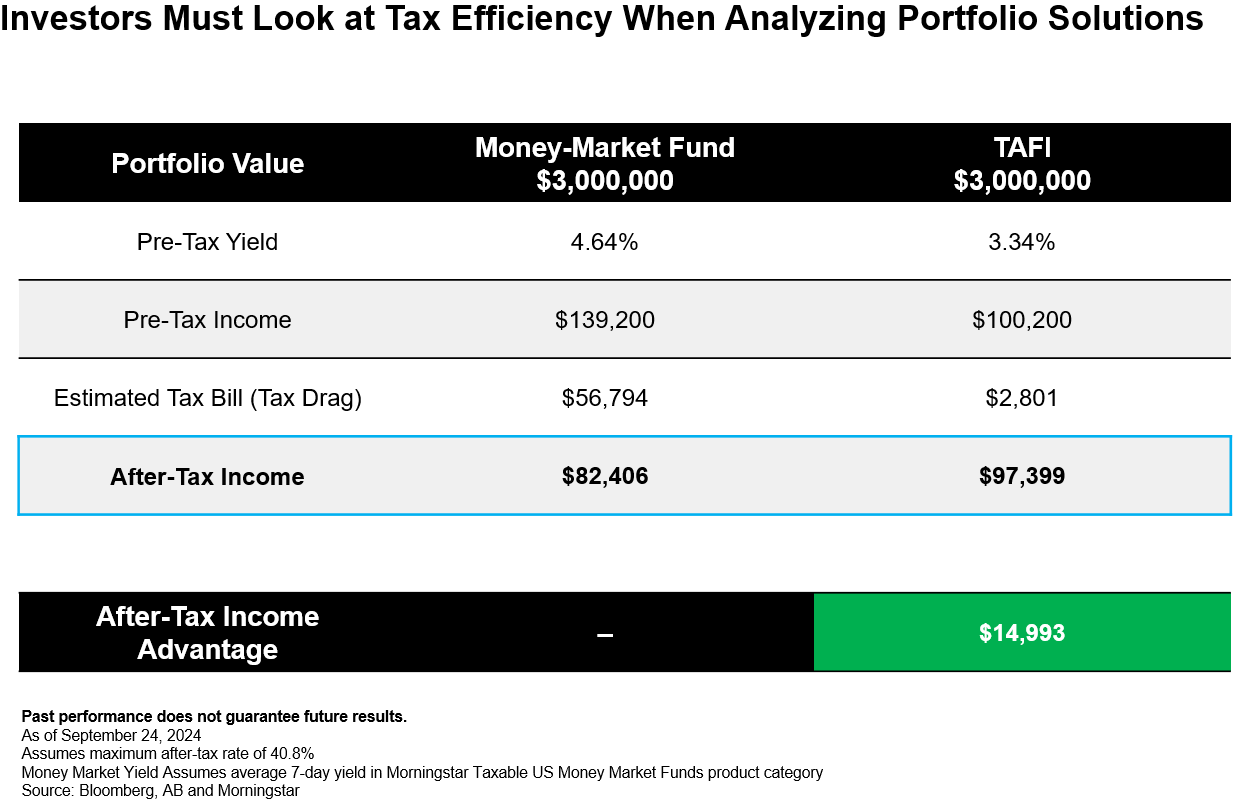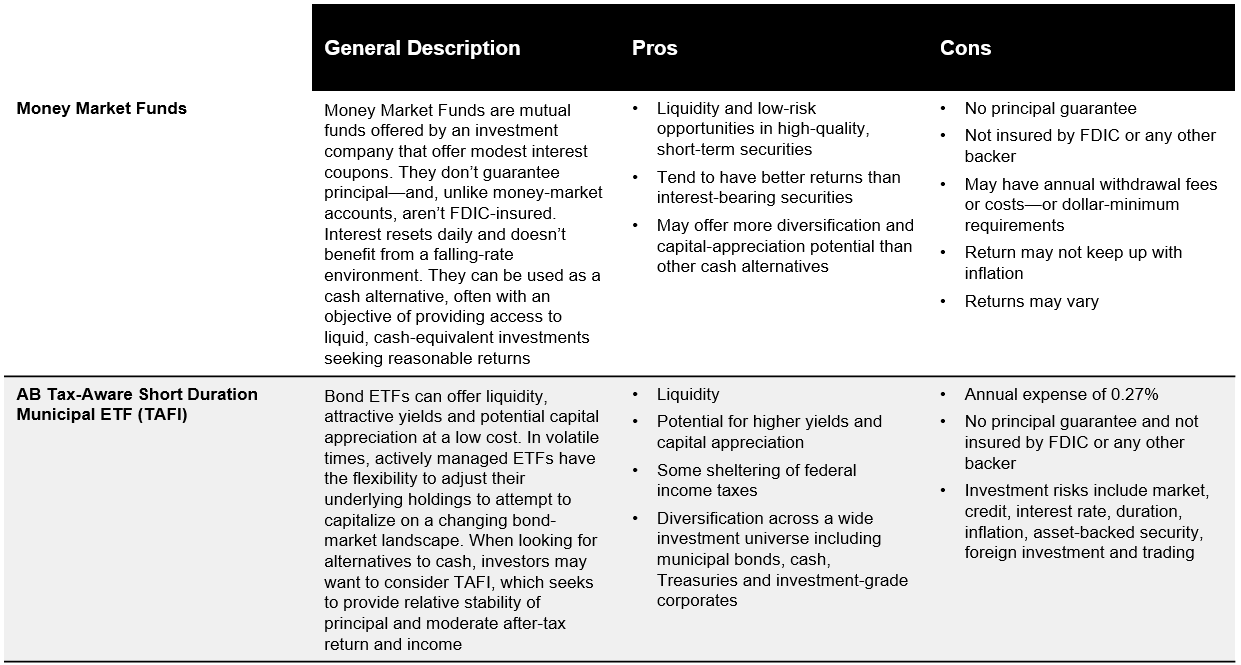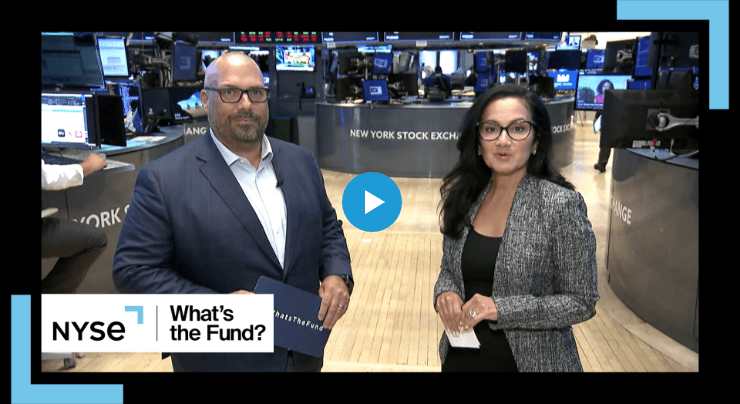
Navigating Today’s Rate Uncertainty with Short-Duration Muni ETFs
Navigating Today’s Rate Uncertainty with Short-Duration Muni ETFs
3 min read
How to Take Action
Sign Up
Visibility Into Our ETF Insights.
Get periodic insights, tools and access to events from AB’s ETF experts.
Thank You
Thank you for contacting us. Expect a reply soon.
Investing in ETFs involves risk and there is no guarantee of principal.
Must be preceded or accompanied by a prospectus, which can be accessed here.
Investors should consider the investment objectives, risks, charges and expenses of the Fund/Portfolio carefully before investing. For copies of our prospectus or summary prospectus, which contain this and other information, visit our Literature Center or contact your AB representative. Please read the prospectus and/or summary prospectus carefully before investing.
Shares of the ETF may be bought or sold throughout the day at their market price on the exchange on which they are listed. The market price of an ETF's shares may be at, above or below the ETF’s net asset value ("NAV") and will fluctuate with changes in the NAV as well as supply and demand in the market for the shares. Shares of the ETF may only be redeemed directly with the ETF at NAV by Authorized Participants, in very large creation units. There can be no guarantee that an active trading market for the Fund’s shares will develop or be maintained, or that their listing will continue or remain unchanged. Buying or selling the Fund’s shares on an exchange may require the payment of brokerage commissions, and frequent trading may incur brokerage costs that detract significantly from investment returns.
Below-Investment-Grade Securities Risk: Investments in fixed-income securities with lower ratings (a/k/a junk bonds) are subject to a higher probability that an issuer will default or fail to meet its payment obligations. These securities may be subject to greater price volatility due to such factors as specific municipal or corporate developments and negative performance of the junk bond market generally and may be more difficult to trade than other types of securities.
Bond Risk: The Fund is subject to the same risks as the underlying bonds in the portfolio such as credit, prepayment, call and interest-rate risk. As interest rates rise, the value of bond prices will decline.
Derivatives Risk: Derivatives may be more sensitive to changes in market conditions and may amplify risks.
Municipal Market Risk: Economic conditions, political or legislative changes, public health crises, uncertainties related to the tax status of municipal securities, or the rights of investors in these securities may negatively impact the yield or value of a municipal security.
Tax Risk: The US Government and the US Congress may periodically consider changes in federal tax law that could limit or eliminate the federal tax exemption for municipal bond income, which would in effect reduce the income received by shareholders from the Fund by increasing taxes on that income.
New Fund Risk: The Fund is a recently organized, giving prospective investors a limited track record on which to base their investment decision.
Yield-to-worst: a measure of the lowest possible yield that can be received on a bond with an early retirement provision.
SEC Yield: based on a 30-day period ended on the last day of the previous month. It represents the hypothetical income an investor would earn from the fund over a 12-month period if the fund continued earning at the same rate as the 30-day calculation period.
Duration: a measure of the sensitivity of the price of a bond or other debt instrument to a change in interest rates
Bloomberg Municipal Bond Index: represents the performance of the long-term tax-exempt bond market consisting of investment-grade bonds.
Bloomberg 1-5 Year Municipal Bond Index: represents the performance of investment-grade, tax-exempt bonds with a maturity of one to five years.
Distributed by Foreside Fund Services, LLC. Foreside is not affiliated with AllianceBernstein.
AL-527730-2024-04-12




